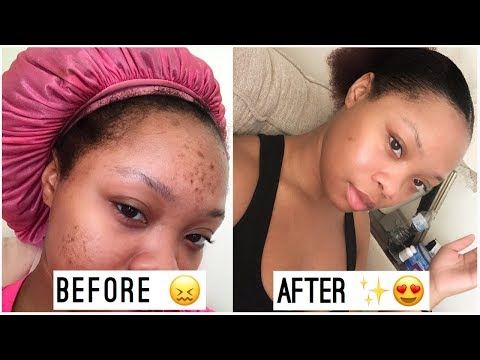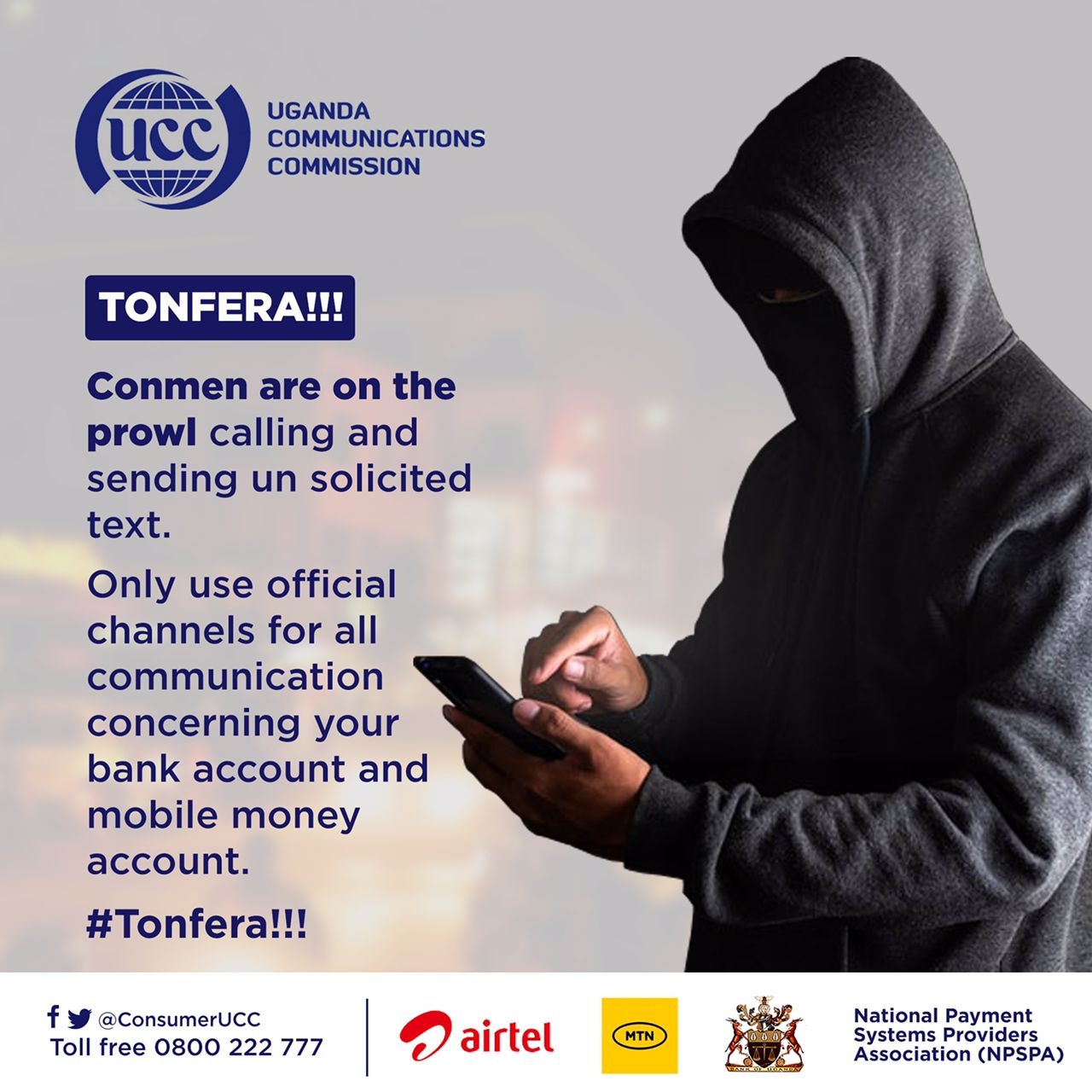FBI research found that fakes contain harmful carcinogens like arsenic, beryllium, and cadmium, as well as alarming levels of bacteria. For this reason, the federal agency reported that counterfeits can cause skin issues like acne, rashes, psoriasis, and eye infections.
Counterfeit products aren’t regulated and don’t abide by safety and sanitation guidelines. This means there is no way of knowing what they include, where their ingredients are sourced or how they are manufactured. According to the U.S. Chamber of Commerce, this poses “a safety risk for consumers, due to hazardous or banned alternative ingredients being incorporated into formulations.” Studies of seized cosmetics have shown that some contain high levels of bacteria as well as toxic ingredients such as lead, arsenic and mercury.
When it comes to peace of mind, there isn’t any. Manufacturers can only stand behind their products when they are purchased from authorized resellers. Counterfeit cosmetics don’t have a chain of custody that dictates when the product was made, where it has been and how it has been stored. Candice Li, VP for Global Public Affairs and Membership of the International Anti-counterfeiting Coalition tells Refinery29: “Counterfeits are dangerous because the people who are making the products are taking shortcuts in how they’re made … At the end of the day, all counterfeiters really care about is your money. They don’t care if they give consumers a bad product – or no product whatsoever.”
If counterfeit beauty products are such a problem, how do you tell the difference? As a general rule, if the product isn’t coming directly from the manufacturer or its authorized sellers (even if it’s from a giant online retailer) there is a high probability that it is fake.




